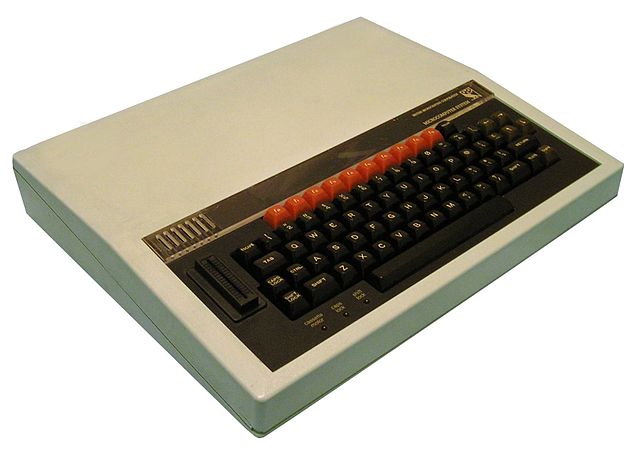BBC pocket computer to introduce one million kids to computer programming

The BBC has unveiled the final design of the Micro:bit, a tiny device that will be given to one million children in the U.K.
The pocket-sized computer presented at a London event on Tuesday is part of the BBC's latest efforts to allow children across the U.K. to enter the world of computer programming.
The BBC considered the move as "the most ambitious education initiative" since the release of BBC Micro in the 1980s, which introduced children to the age of home computing.
"The BBC Micro Bit is all about young people learning to express themselves digitally," said BBC Learning head Sinead Rocks.
The Micro:bit allows children to develop games and send commands to other digital devices. It will be distributed in various schools by October to allow teachers to incorporate the device during classes.
According to The Independent, schools will need to pay to get the microcomputer after its initial distribution, which will end in 2016. However, the BBC said that it made arrangements with a non-profit company and other partners to have Micro:bit licensed so that more devices would be made for the children.
Micro:bit is a device much like the Raspberry Pi and is 4cm by 5cm in size. It features 25 red LED lights, two programmable buttons and an accelerometer intended for gaming.
Just like its predecessor,the BBC Micro, Micro:bit was developed with the help of various companies and educators. According to TechCrunch, BBC worked with 29 partners, including Microsoft, Samsung, Bluetooth SIG and Lancaster University, to come up with the design.
Micro:bit developers hope that the device will inspire more children, especially girls, to learn about coding, and challenge then to be inquisitive enough to learn how their mobile gadgets work.
Tony Hall, BBC director general, said the device should address the concern over how children leave school with knowledge on the use of computers but not on computer programming.
BBC now encourages children to develop a simple code for the device through the upcoming Micro:bit website.
It was also reported that teachers would be taught how to use the device before using them in class.











